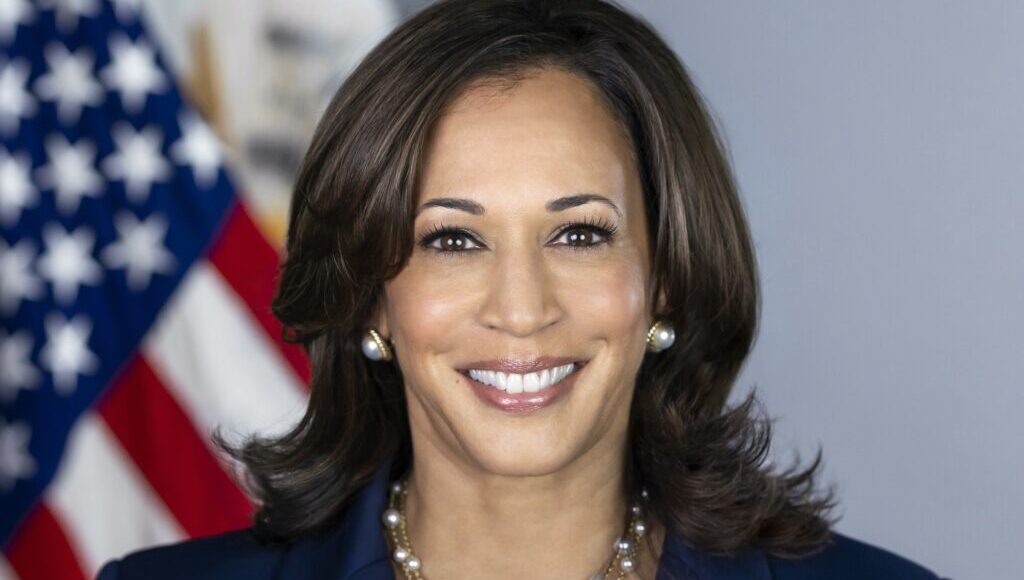Kamala Harris is expected to address companies unfairly raising prices as part of her economic agenda, which she will outline on Friday in her first major policy announcement as the Democratic Party’s presidential nominee.
The vice president, who succeeded President Joe Biden as the top candidate last month, has gained momentum, supported by new government data showing a decrease in inflation.
A recent University of Michigan poll indicates that more Americans now trust Harris to manage the economy than her Republican rival, Donald Trump. This is the first time in this election cycle that Trump has fallen behind on this issue.
With the Democratic National Convention approaching, the 59-year-old vice president faces growing pressure to clearly define her policies. Although she has hinted at several initiatives, she has yet to present a detailed governing plan, instead describing the lead-up to the November 5 election as a “fight for the future.”
“Elections aren’t just about winning. They’re about accumulating political capital for a particular agenda, which Ms. Harris can’t do unless she articulates one,” the conservative Wall Street Journal said in an editorial.
Harris’s initial economic proposal—to eliminate taxes on tips—has puzzled some Democrats, who criticized it as a vote-seeking tactic reminiscent of a similar idea floated by Trump.
However, she was on firmer ground on Thursday, promoting a likely popular proposal to reduce medication costs for seniors and participating in her first joint public event with Biden since taking his place on the ticket amid concerns about his mental acuity.
In her highly anticipated speech in Raleigh, North Carolina, on Friday, Harris is expected to urge Congress to pass the first federal ban on so-called “price-gouging,” which would impose penalties on food companies that unfairly raise prices.
Personal attacks
Harris will also contrast her economic vision with Trump’s, according to US media reports, arguing that his proposed tariffs of up to 20 percent on imports would increase costs for food and other everyday items.
Some strategists have advised Harris to remain vague on policy details, as long as enthusiasm for her candidacy remains high. Others suggest she should distance herself from Biden, whose approval ratings on the economy have struggled, though their joint appearance on Thursday indicated their continued closeness.
Harris has embraced much of Biden’s economic agenda, including promises to eliminate “junk fees,” reduce prescription drug prices and housing costs, and uphold the president’s pledge not to raise taxes on those earning under $400,000.
On Friday, she will unveil a comprehensive four-year plan to lower housing costs for working families and address America’s housing shortage, campaign officials said.
Harris will propose the construction of three million new housing units during her first term, offer increased tax incentives for builders of starter homes and rental housing, and challenge corporate landlords raising rents excessively.
Trump has been agitated since Biden withdrew from the presidential race and passed the torch to Harris on July 21. Republicans have urged him to focus on policy rather than personal attacks on his new opponent. However, Trump has struggled to stay on message, criticizing Harris’s crowd sizes, attacking her mixed-race heritage, and disparaging her intelligence.
In a rambling North Carolina speech Wednesday meant to focus on his own economic message, Trump devoted much of his attention to personal insults and even said he was “not sure” that the economy is the “most important subject” in the election.


